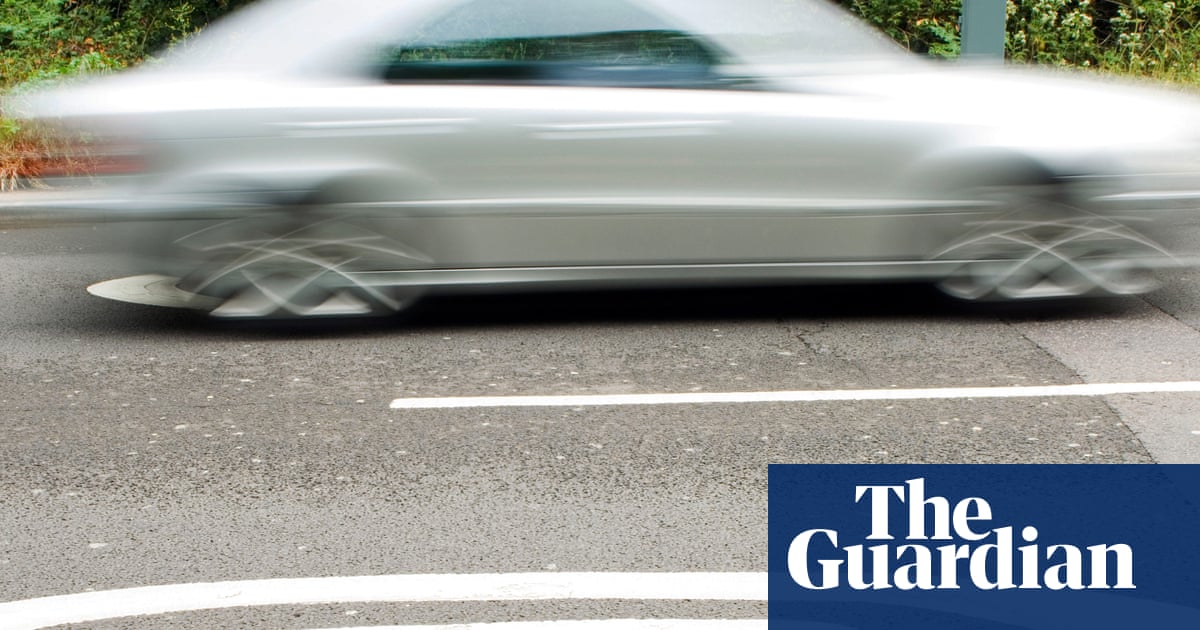All new cars must have the devices from 7 July, adding fuel economy as well as safety. Will mpg become the new mph?
In the highway code and the law courts, there is no doubt what those big numbers in red circles mean. As a quick trip up any urban street or motorway with no enforcement cameras makes clear though, many drivers still regard speed signs as an aspiration rather than a limit.
Technology that will be required across Europe from this weekend may change that culture, because from 7 July all new cars sold in the EU and in Northern Ireland must have a range of technical safety features fitted as standard. The most notable of these is intelligent speed assistance – or colloquially, a speed limiter.
The rest of the UK is theoretically free, as ministers once liked to put it, to make the most of its post-Brexit freedoms, but the integrated nature of car manufacturing means new vehicles here will also be telling their drivers to take their foot off the accelerator. Combining satnav maps with a forward camera to read the road signs, they will automatically sound an alarm if driven too fast for the zone they are in.



It’s a reference to the fact that most cars have five seats.
The driver’s seat, the front passenger’s seat, and then three more seats in the back.
Your solution assumes that the only time a person’s phone would be moving as fast as a car would be if that person were driving. Yet there are 4 other seats in a car that could be reasonably occupied by people who each have phones that would be moving just as fast as the driver’s.
While true, they aren’t a huge risk to others. I’ve driven nearish drunk drivers, stoned drivers, and plenty of people on their phones, and while the ones on their phones weren’t usually as bad as the drunk ones, they are ridiculously common and seem to be getting worse.
Definitely agree with you. I don’t have a better solution, but I think yours wouldn’t be reasonable at all.
Where I live, the biggest problem is enforcement. But even before smartphones became prevalent, we didn’t have enforcement of people running reds and stop signs if it “wasn’t busy”, ignoring yield signs entirely, or looking left while making sharp right turns.
It’s a stretch, but it is much more reasonable than simply monitoring all of the faces of users as to what they are doing while in their cars. Which is a strategy that is used by a lot of the newer tesla and other cars for autopilot and the like, in large part because auto manufacturers don’t want to be blamed for their customer’s stupidity. I can absolutely see that being effective, but very invasive into people’s privacy, and eventually something a politician pushes. At this point, enforcement really isn’t enough and the only way to truly fix it kinda is some passive limitations. I’m not saying complete lock down of functionality, but make there be some safeguard that only passengers can get away with for more than just changing music or receiving calls if the GPS is reading more than 20-30 mph.
If passengers have a way to bypass it, then drivers will be doing it too, no matter how difficult it is to unlock.